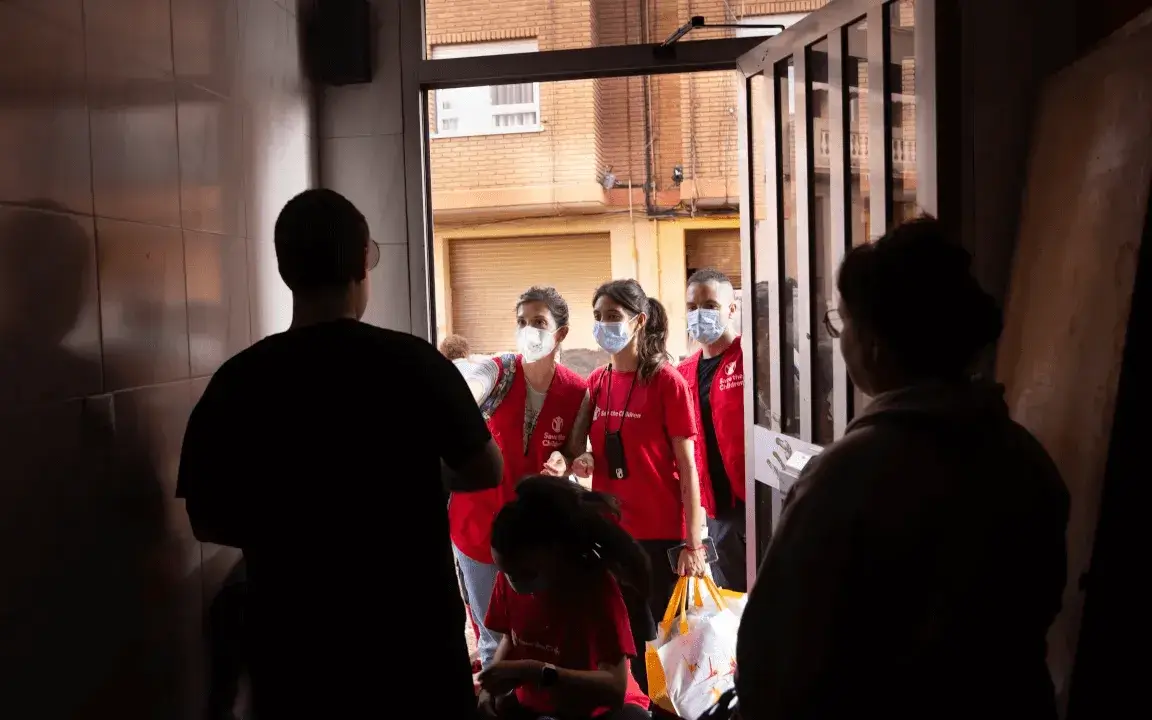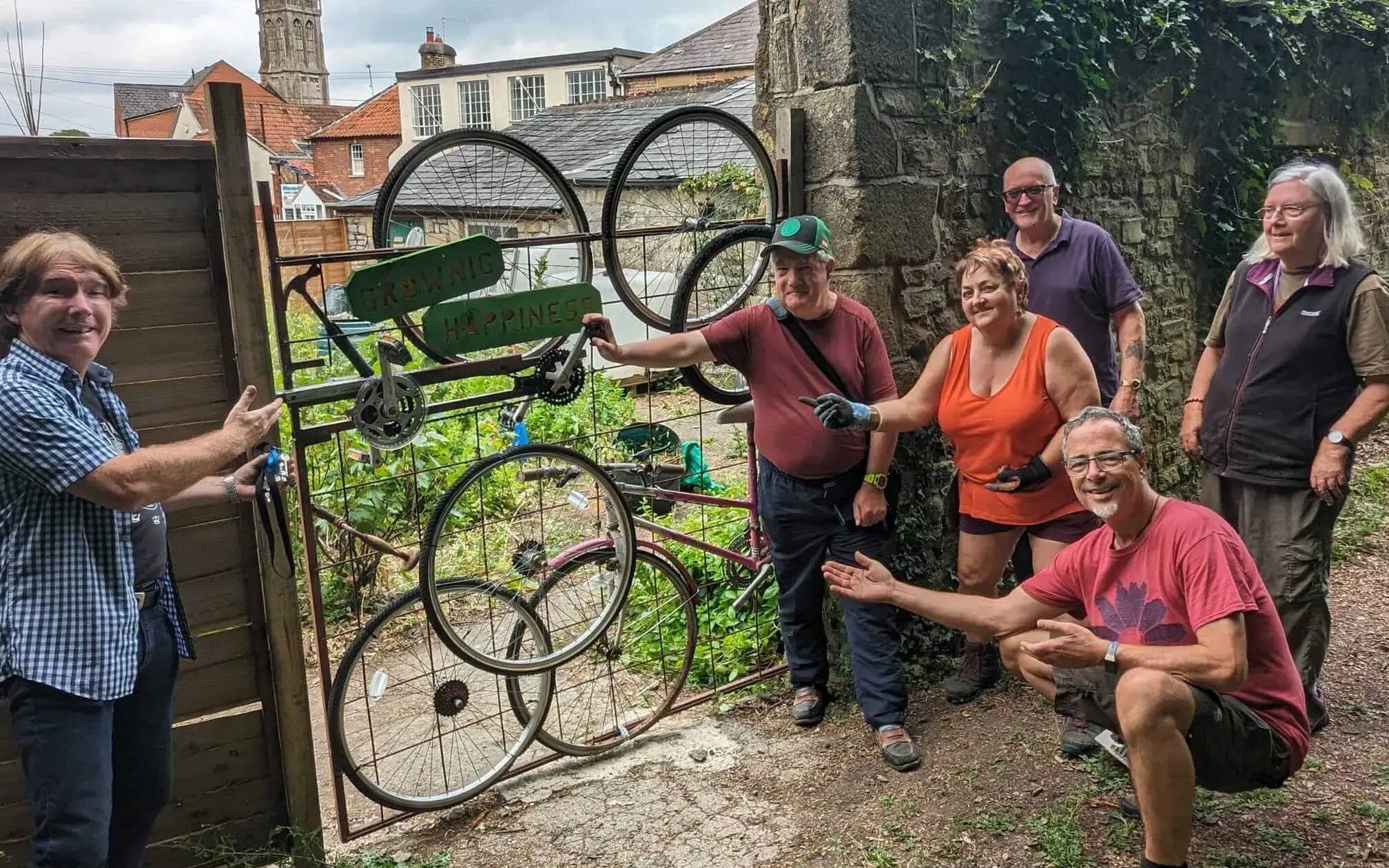
The emergency caused by the passage of the DANA in the Valencian Community has had serious consequences on the mental health of the affected people, particularly the children.
On October 29, 2024, the lives of the residents of 69 Valencian municipalities were suddenly paused and drastically changed. The streets where they used to go about their routine, the parks where children played, the bakery where they bought bread, their workplaces, their children’s schools, and their own homes were buried under dense, dirty water. Since that Tuesday, those affected by the DANA have witnessed destroyed and piled-up cars, heaps of broken furniture and memories, mud everywhere, and an overwhelming amount of work that seems never-ending.
The mental health consequences of this situation are starting to emerge, and they are also being felt by the youngest. According to Save the Children, an organization that has been monitoring the impact of this tragedy on children since the beginning, childhood is one of the most vulnerable groups in terms of psychological health. The organization warns that recurring nightmares, fear of rain or going outside, and a reluctance to talk about the situation are common symptoms among children.
In the face of such a situation, Save the Children recommends not hiding the reality from children, but explaining it in age-appropriate language and without over-informing them. “If we have two children at home, for example, a 14-year-old adolescent with more specific questions, we can take them to their room and give them all the answers they need. On the other hand, their six-year-old sibling does not need to hear that information,” explains Verónica Collado, a psychologist from Save the Children in Valencia.
In this regard, the organization advises families to monitor access to news, as they claim that repetitive images and information can increase anxiety. Another recommendation is to try to provide children with a more positive view of the catastrophe, focusing on solidarity and what is being done to resolve the situation.
Finally, the organization advises relatives to observe children closely. “It is often assumed that when a child does not verbalize anything, they have fewer symptoms, but in reality, it is the opposite. This indicates that they lack the brain resources to communicate or express what they feel. Therefore, it is essential to observe, give space, and listen,” explains Collado.
The School: A Key Element in Mental Health
According to Save the Children, 71,664 children and adolescents of school age live in municipalities severely affected by the disaster, and many of these municipalities have had to close educational centers. The organization advocates that schools are safe spaces where children can socialize, play, interact, study, and temporarily escape the emergency situation they are experiencing at home, seeking, as much as possible, normality and stability within the catastrophe.
The organization highlights that children also need spaces for expression that are adapted to their developmental level. In this sense, schools, beyond being places of learning, are spaces where children can share their concerns. “Some children are adopting adult roles, taking on functions that are not appropriate for their age. What they need is to return to school, to their routines, and to see that they continue to receive support in class. They have a space where they can share information that scares them at home, not out of fear of their parents, but because they do not want to worry them,” explains the psychologist.
The organization warns that some psychological symptoms that emerged during the COVID-19 crisis could reappear in this context. “For children, there is a retraumatizing effect that reminds them of COVID, the inability to attend school normally or leave home in many cases. This causes a reactivation of symptoms that were not properly processed before and may resurface,” says Collado.
Save the Children has developed a guide with clear and concise guidelines to help families support children and adolescents facing the emotional impact of crises or natural disasters. The organization is also providing financial aid and essential supplies to affected families, psychosocial support and mental health care for children affected by the catastrophe, and support in child protection, such as the management of safe spaces.






Add new comment